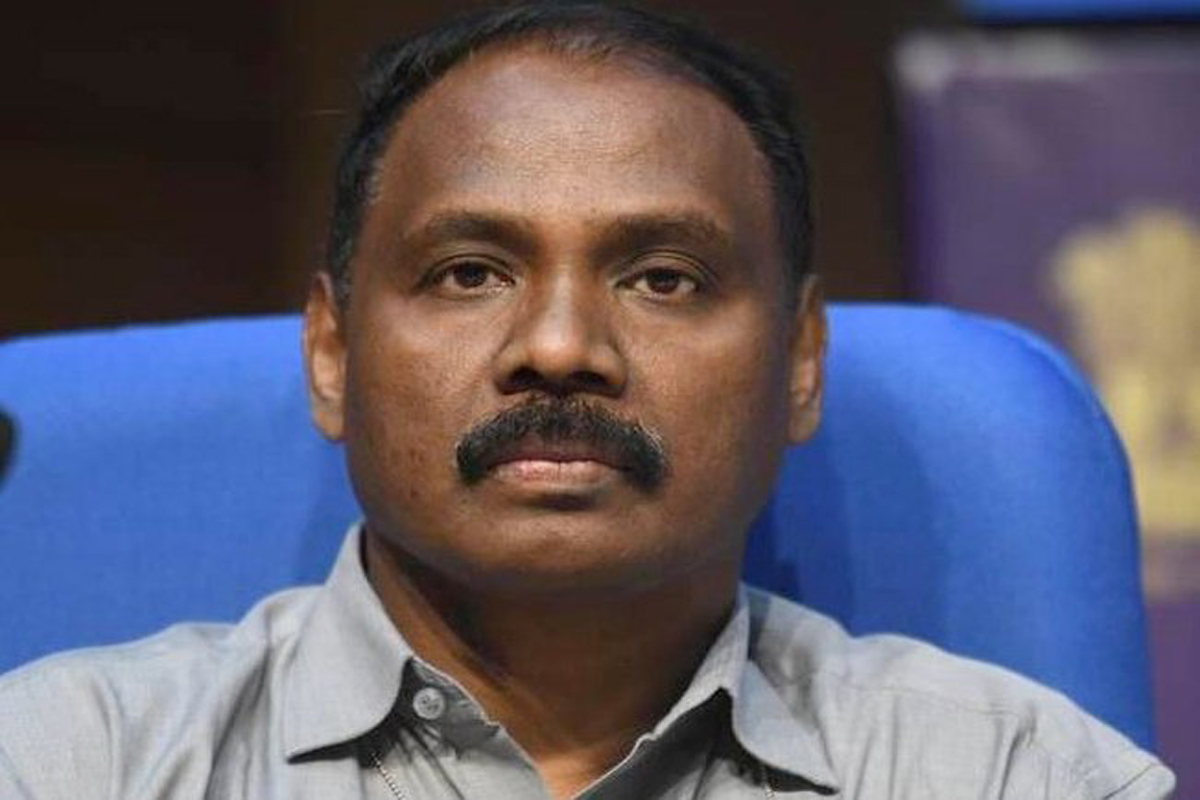Taxing gatekeepers~I
By 2016-17, Facebook had designed a business model that aimed at maximising the ‘user engagement’, that is how much time users spent on their platform, and started collecting data on what they liked and shared.
The CAG also highlighted that India has been witnessing a massive digital transformation in the spheres of infrastructure, public policymaking and governance.

Photo: IANS
Comptroller and Auditor General of India G.C. Murmu on Thursday urged the auditors to make far greater use of data analytics, Artificial Intelligence and Machine Learning for optimizing efficient use of their own scarce resources.
Speaking at the e-seminar “IT Audit in the Era of Industrial Revolution 4.0: Opportunities and Challenges” of International Organisation of Supreme Audit Institutions (INTOSAI) and Working Group on IT Audit (WGITA) here, he emphasized that in the fourth industrial revolution, audit professionals, especially Information Technology auditors, must prepare themselves to face multi-faceted changes and challenges.
Advertisement
“This Revolution has created an excellent opportunity for the INTOSAIA with WGITAA to equip its members with practical knowledge and work procedures for addressing the emerging IT risks,” Murmu said and thanked the colleagues in WGITA who have been engaged in researching and developing standards and other audit guidance material in a variety of IT-related topics.
Advertisement
The CAG also highlighted that India has been witnessing a massive digital transformation in the spheres of infrastructure, public policymaking and governance.
As of March 2021, India has currently more than 750 million broadband subscribers, mainly mobile users. Today, the trinity of mobile telephony, unique biometric identity and electronic banking, is being used for the world’s largest direct benefit transfer to millions of people, he further said.
These developments have helped protect the people from poverty during the risks and uncertainties of the Covid-19 pandemic. Such initiatives are now fundamental in making the public service delivery efficient and transparent, as well as ensuring trust in public entities and their governance, Murmu added.
The term ‘Fourth Industrial Revolution was first introduced by a team of scientists developing a high-tech strategy for the German government, and popularised by Klaus Schwab, Executive Chairman of the World Economic Forum (WEF).
The transformation journey to the fourth industrial revolution provides a plethora of opportunities for nations and organizations, to achieve operational excellence, but like all paradigm shifts, there are also challenges that need auditors to be more agile and adaptive, to cope with the disruptions due to this transformation.
INTOSAI Working Group on IT Audit is a Working Group under the Knowledge Services and Knowledge Sharing Committee (Goal-3) of the International Organisation of Supreme Audit Institutions (INTOSAI).
This Working Group was set up in 1989 to support members of Supreme Audit Institutions (SAIs) in developing their knowledge and skills in the use and audit of Information Technology (IT).
It has a vast membership of about 60 SAIs worldwide and is mandated to support SAIs in developing their knowledge and skills in the use of information technology-related audits by setting standards and guidance on the subject matter and providing facilities for exchange of experiences, sharing best practices, and encouraging bilateral and regional cooperation among SAIs.
The e-seminar was hosted by the Chairman of the Audit Board of the Republic of Indonesia Dr Agung Firman Sampurna while the National Audit Office of Australia shared their experiences in conducting IT Audit in the Era of Fourth Industrial Revolution.
Advertisement